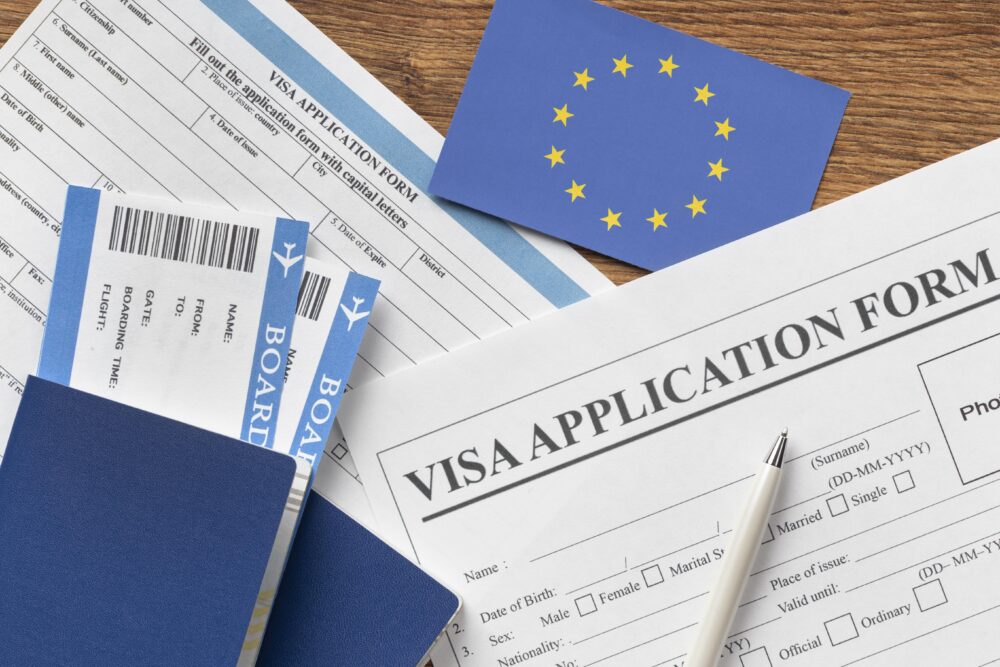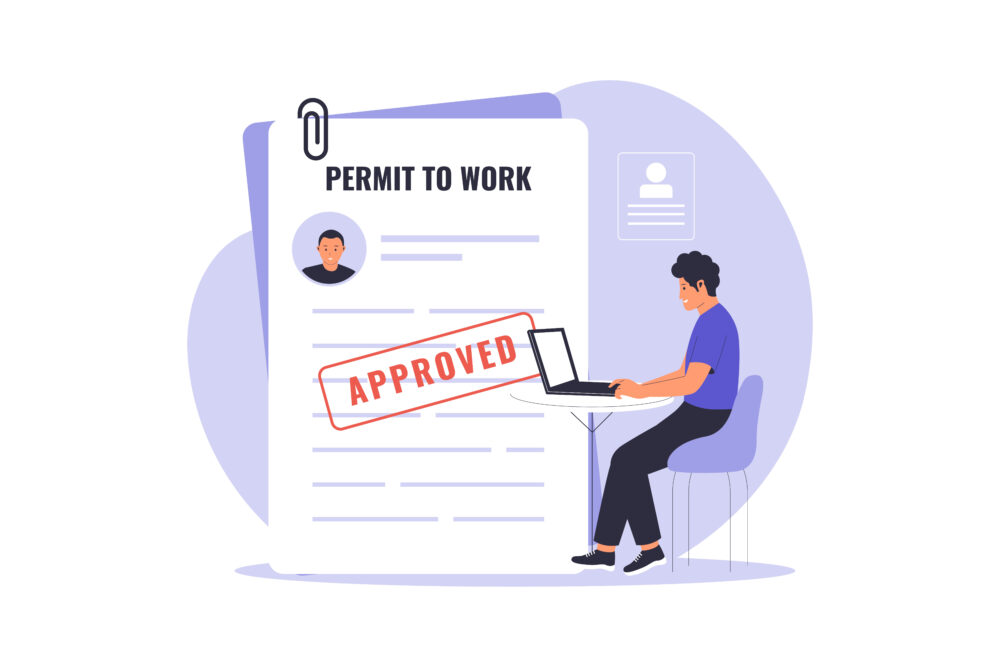Pursuant to the law of Vietnam, foreign employees working in Vietnam (“Foreign Employees“) are required to obtain work permits, except in certain exempted cases. A work permit is a condition precedent for Foreign Employees to work legally in Vietnam, as stipulated in Article 151.1.d of the Labor Code 2019. The work permit serves not only as a legal basis to ensure the legitimate rights and interests of Foreign Employees but also as a tool for state authorities to oversee labor activities within the country, ensuring transparency and fairness in the labor market. However, in practice, there are instances where Foreign Employees may have their work permits revoked during their employment in Vietnam. Such revocation may occur for various reasons and can result in serious consequences for both Foreign Employees and their employers (“Employers“). These consequences range from work disruptions to legal risks, potentially affecting the operations and compliance of the parties involved. In this article, the author will outline the circumstances under which work permits may be revoked and provide an overview of the relevant legal provisions regarding the procedures for revocation. This aims to help Foreign Employees and Employers better understand the regulations, mitigate potential risks, and ensure their rights and interests.
1. Circumstances in which Foreign Employees have their work permits revoked
According to Article 20 of Decree No. 152/2020/ND-CP, a foreign employee’s work permit can be revoked in the following cases:
i. The work permit becomes invalid due to:
- Expiry of the work permit.
- Termination of the labor contract.
- The content of the labor contract is inconsistent with the content of the issued work permit.
- Working in a position or field not specified in the issued work permit.
- Expiry or termination of agreements or contracts in fields that form the basis for granting the work permit.
- Receipt of official written notice from the foreign party rescinding the appointment of the foreign employee to work in Vietnam.
- The Vietnamese enterprise, organization, partner, or foreign organization in Vietnam employing the foreign employee ceases its operations.
ii. The employer or the foreign employee fails to comply with the regulations set forth in Decree No. 152/2020/ND-CP.
iii. The foreign employee, while working in Vietnam, fails to adhere to the law of Vietnam, thereby affecting public security, order, or social safety.
2. Legal consequences of work permit revocation
2.1 Impact on the Labor Contract
According to Article 156 of the Labor Code, the revocation of a work permit renders it invalid, which serves as a basis for the termination of the labor contract between the Employer and the Foreign Employee, as stipulated in Provision 12 of Article 34 of the Labor Code 2019.
2.2 Returning the Work Permit to the competent labor authority
The procedures for revoking a work permit vary depending on the specific grounds for revocation, as detailed below:
- In cases where the work permit is revoked due to invalidity (refer to Section 1 (i) above)
Within 15 days from the date the work permit becomes invalid, the Employer must retrieve the Foreign Employee’s work permit and submit it to the Ministry of Labor, War Invalids, and Social Affairs (“MOLISA”) or the Department of Labor, War Invalids, and Social Affairs (“DOLISA”) that issued the work permit. The submission must include a written explanation if the work permit cannot be retrieved despite being subject to revocation.
- In cases of revocation under Sections 1 (ii) and Section 1 (iii)
MOLISA or DOLISA will issue a decision to revoke the work permit using Form No. 13/PLI in Appendix I of Decree No. 152/2020/ND-CP. The decision will be communicated to the Employer, instructing them to collect and return the revoked work permit to MOLISA or DOLISA.
Within 5 working days of receiving the revoked work permit, MOLISA or DOLISA must issue a written confirmation of the revocation and provide it to the Employer.
See more:
1/ Obligations of employers in the process of using foreign employees
2/ Some Notes When Using Foreign Employees In Vietnam
3/ Notable issues when recruiting foreign elderly workers
This article is for general information purposes only and is not intended to provide any legal advice for any particular case. The legal provisions referenced in the content are in effect at the time of publication but may have expired at the time you read the content. We therefore advise that you always consult a professional consultant before applying any content.
For issues related to the content or intellectual property rights of the article, please email cs@apolatlegal.vn.
Apolat Legal is a law firm in Vietnam with experience and capacity to provide consulting services related to Employment and contact our team of lawyers in Vietnam via email info@apolatlegal.com.





































